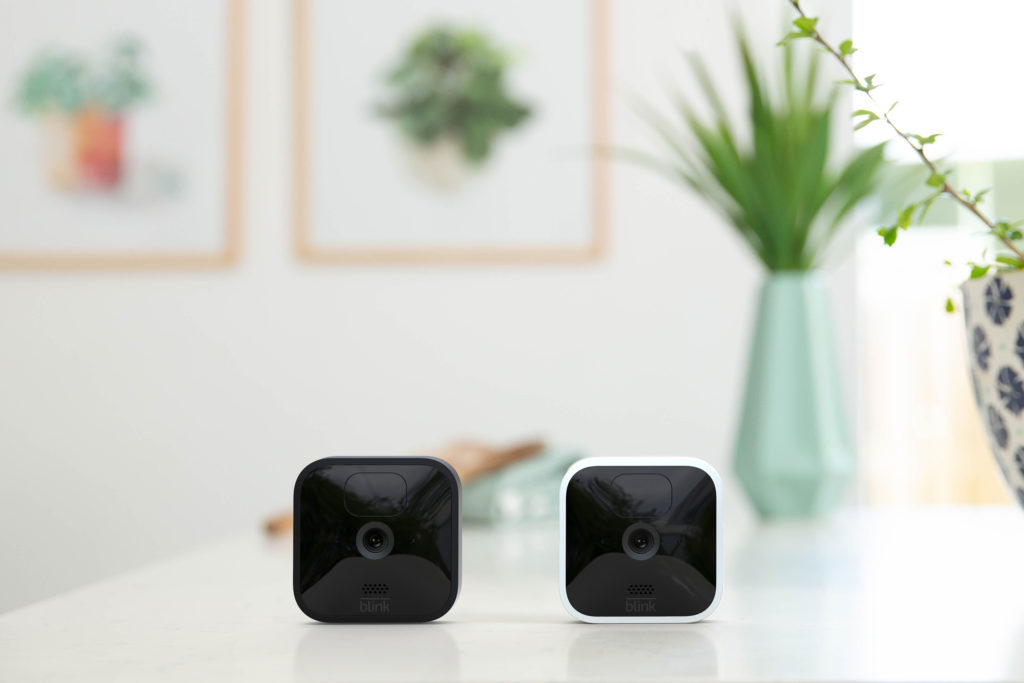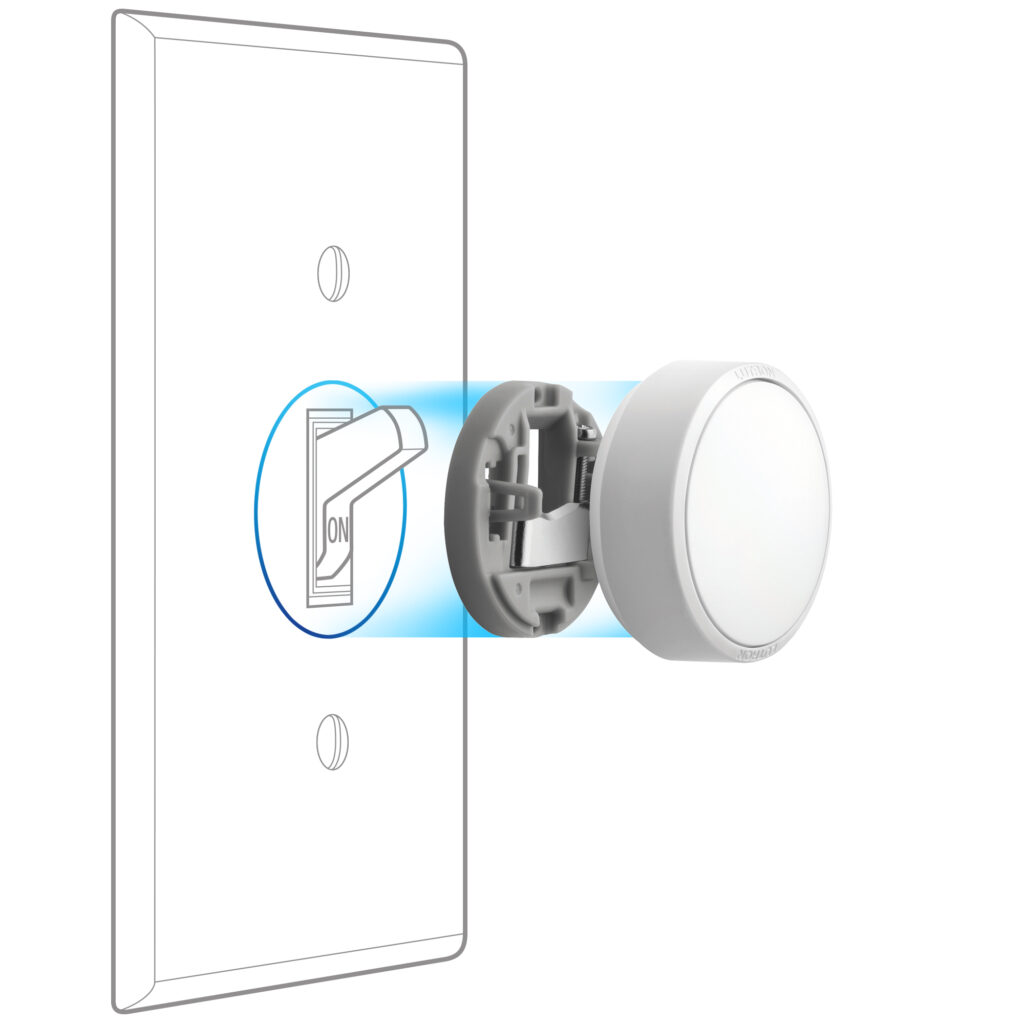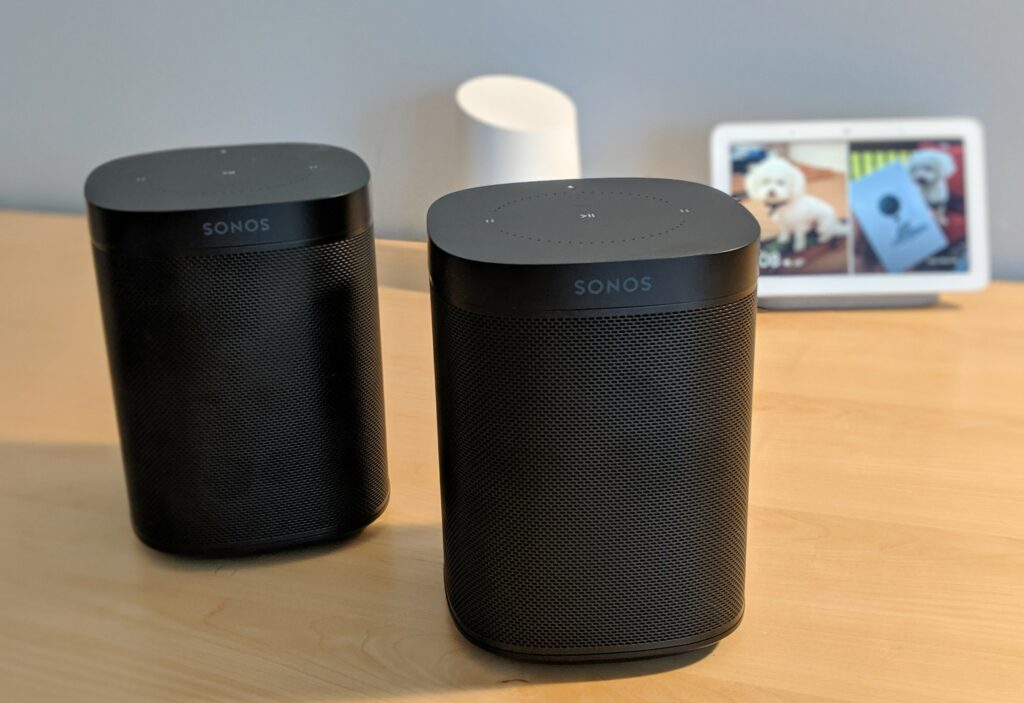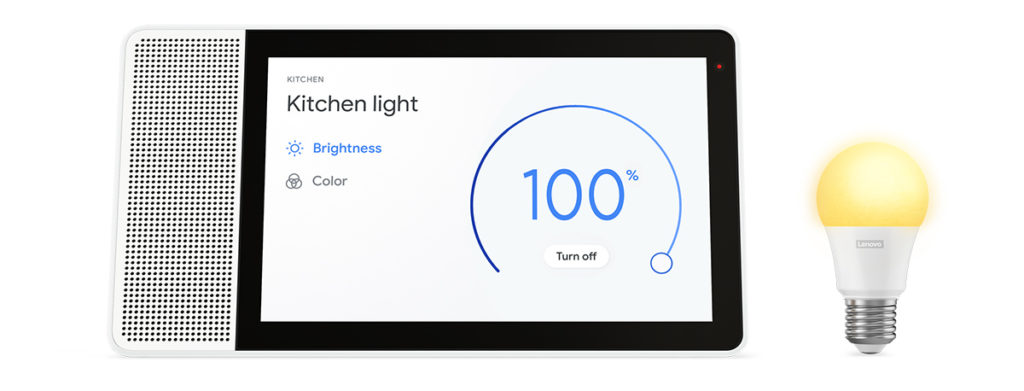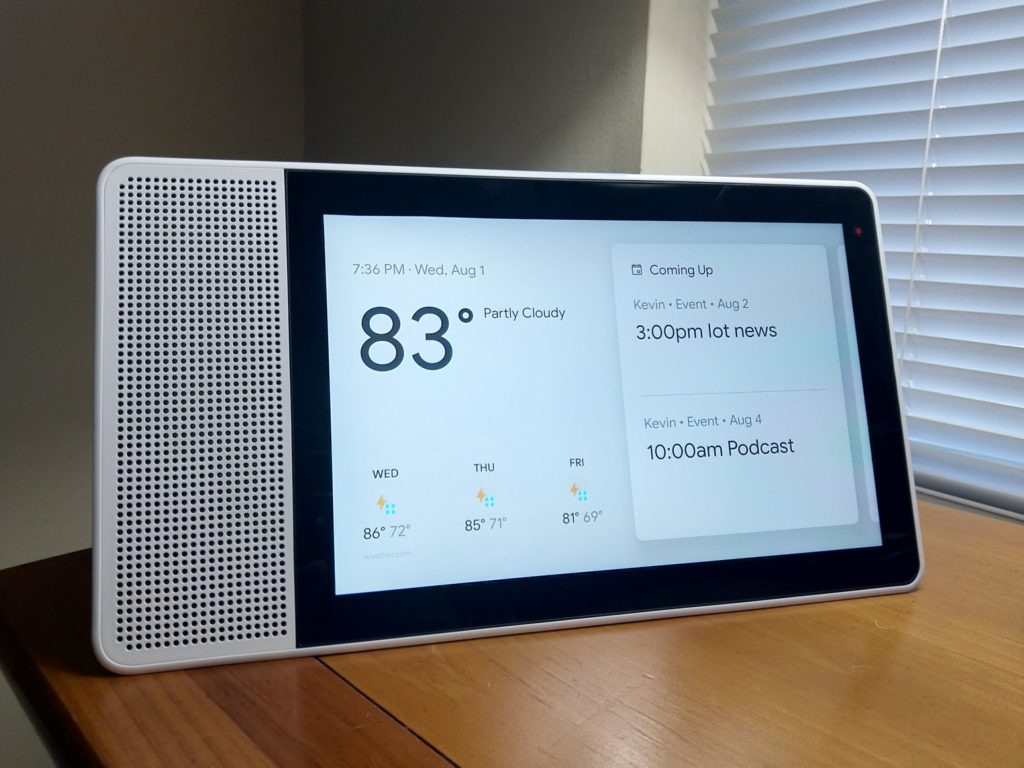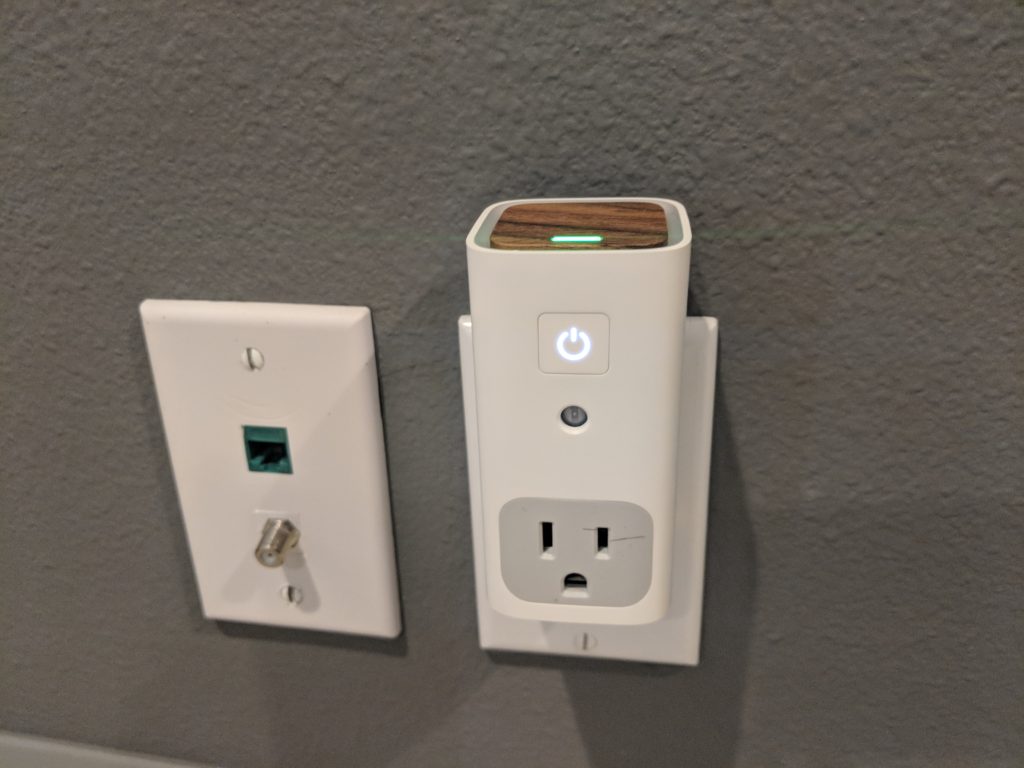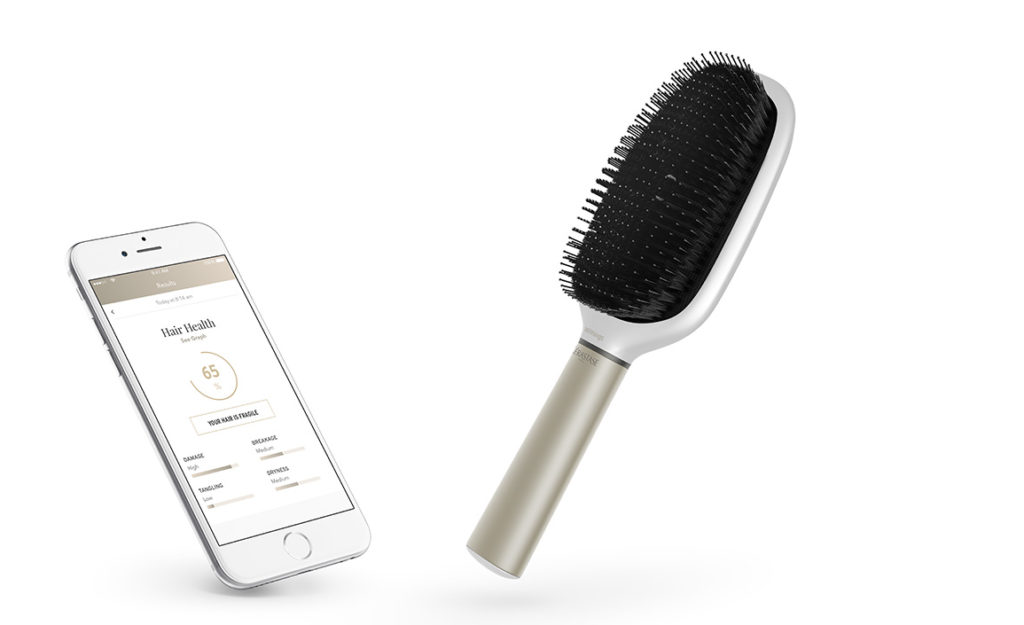Any Amazon Halo subscriber can try Amazon’s Movement Health service now, so Kevin and I explain what it is and what Amazon’s decisions around the Halo fitness tracker signal about the company’s interest in healthcare. We then cover the good news that Google will support connected Nest devices with security updates for up to five years after launch and Google’s new location tracking app for its Wi-Fi routers. Kevin wonders why Verizon needs its own smart display and tells us about Lenovo’s latest Google clock display while I share news of a smart building startup getting funding. We end with the news that ADT and Ring have settled their lawsuit about Ring’s use of the trademarked blue ADT octagon. After the news, we answer a listener’s question about changing Wi-Fi SSIDs and passwords and what that might mean for his smart home devices.
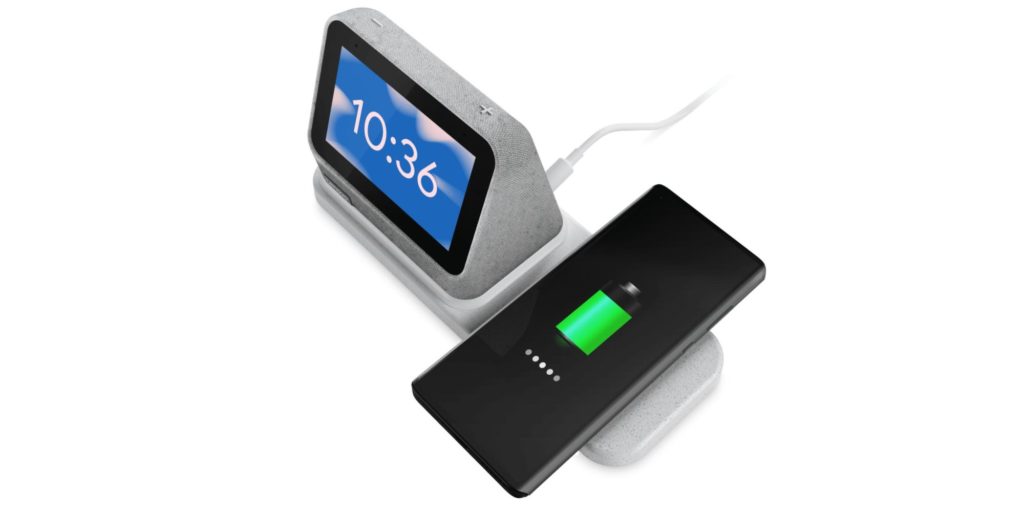
Our guest this week is Nathan Dyck, chief product officer at Nanoleaf. We kick off the segment by focusing on the future of lighting before digging into a discussion of the Thread protocol. He talks about why Thread is such a positive choice for the smart home, and then we talk about Matter. He explains what the multi-admin feature is and tells us why he’s excited about the distributed ledger for tracking the provenance of a device. We end with a look ahead at some of the features he expects to see in smart lights after Matter is established. Enjoy the show.
Host: Stacey Higginbotham and Kevin Tofel
Guest: Nathan Dyck, chief product officer Nanoleaf
Sponsors: Silicon Labs and Trek10
- Amazon’s Halo isn’t about fitness, it’s a about health
- How long should a thermostat get security updates?
- Could Verizon’s new display offer a path to Amazon’s Sidewalk?
- Nanoleaf didn’t start out making smart lights
- Matter may make new features easier to develop
Podcast: Play in new window | Download | Embed
Subscribe: RSS

